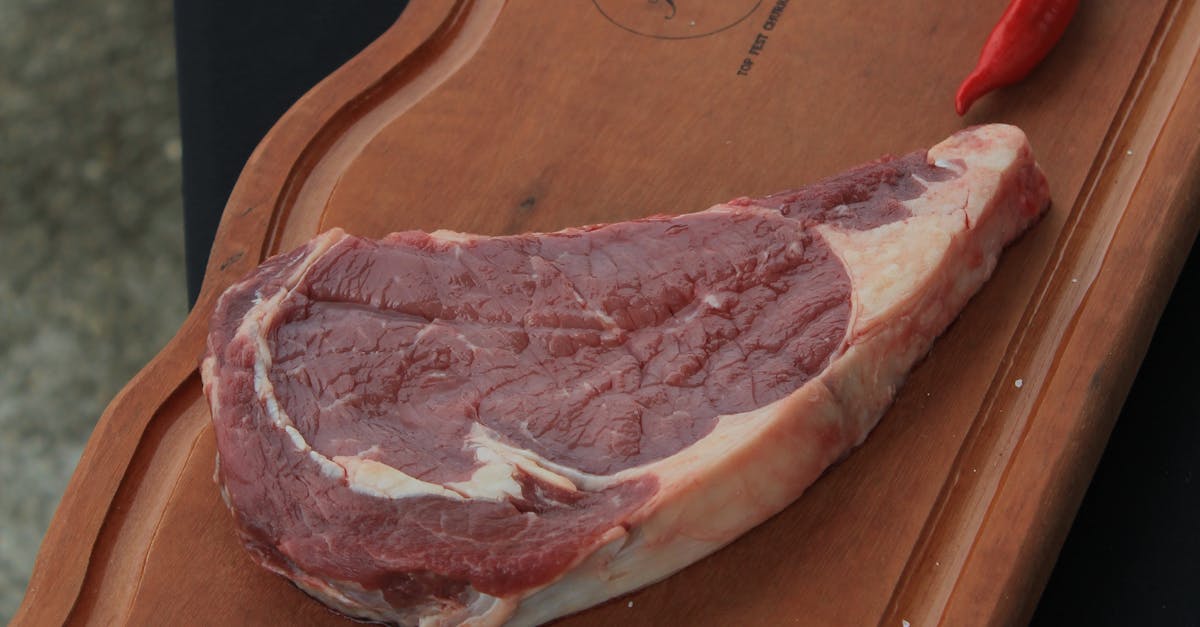The U.S. Food and Drug Administration (FDA) has recently announced a recall involving another brand of raw cat food due to potential contamination with avian influenza, commonly known as bird flu. This recall not only emphasizes the ongoing concerns regarding pet food safety but also raises critical questions about the sourcing and handling methods used in the pet food industry. The importance of ensuring that the food we provide to our pets is safe cannot be overstated. In this article, we will explore the details of the recent recall, the possible health risks associated with contaminated cat food, and what pet owners should do during such recalls.
Stay tuned as we delve deeper into the implications of these recalls and provide guidance for safeguarding your furry friends.
Understanding the Recall: What Happened?
Recently, the FDA placed a popular raw cat food brand under recall after detecting traces of avian flu in its products.
According to the FDA, “The contamination poses a significant risk to cats who consume the products as well as to humans who handle contaminated food.”
This revelation sent shockwaves through the pet owner community.
Avian influenza is a highly contagious disease that primarily affects birds but can also infect mammals, including domestic cats. The recorded cases of cats contracting bird flu have raised alarms among veterinarians and pet owners alike. It’s crucial to understand how these products can become contaminated—typically through improper sourcing or handling of meat products.
As these recalls gain traction, many pet parents are left wondering about the safety of other products they use. Tracks of contamination can often lead back to farms or facilities that may not adhere to stringent safety standards.
Health Risks Associated with Bird Flu
The health implications of bird flu for both pets and humans are serious and should not be ignored. Pets exposed to infected birds or contaminated food may exhibit symptoms such as fever, coughing, and lethargy. If your cat shows any signs of illness, it is crucial to seek veterinary attention immediately.
Furthermore, humans can also contract bird flu, though it’s rare. The FDA emphasizes the importance of washing hands thoroughly after handling raw food products to reduce this risk.
Cats that consume food contaminated with avian flu may experience gastrointestinal issues, respiratory problems, or in severe cases, complications that could lead to mortality.
What to Do If Your Cat’s Food is Recalled
If you discover that your cat’s food has been recalled, here are crucial steps to take:
- Stop Feeding the Product: Immediately stop feeding your cat the recalled food.
- Check for Symptoms: Monitor your cat for any signs of illness. If your cat displays alarming symptoms, take them to the veterinarian.
- Report the Incident: Consider reporting the incident to the FDA if your cat becomes ill after consuming the recalled product.
- Return or Dispose of the Food: Follow the manufacturer’s guidelines for returning or disposing of the recalled food.
Staying informed through resources like the FDA’s animal food recalls page can also help you stay ahead of potential safety concerns.
Alternative Options for Pet Owners
As recalls become more frequent, many pet owners are exploring alternative feeding options. Transitioning to a safer and more reliable food source can provide peace of mind. Consider commercially prepared foods that are subject to rigorous safety evaluations, or consult with your veterinarian regarding home-prepared diets that can ensure balanced nutrition without the risks associated with some commercial products.
It’s essential to research brands thoroughly, looking for those with a solid reputation and consistent track record of safety.
The Role of Regulation in Pet Food Safety
Governmental agencies such as the FDA play a crucial role in regulating pet food safety. The frequent recalls signify active monitoring of food safety by the FDA.
However, it also highlights the need for ongoing reforms in the pet food industry. Stricter regulations and enhanced safety standards could significantly reduce the risk of contamination, leading to better protection for both pets and their owners.
Conclusion: Stay Informed and Vigilant
The recent recall of raw cat food due to possible bird flu contamination is a stark reminder of the vulnerabilities in our pet food supply chain. Pet owners must remain proactive about their cats’ safety. Regularly checking for recalls, being observant of any changes in their pets’ health, and opting for brands with a proven record are steps toward safeguarding their beloved pets.
By staying informed and taking appropriate action during recalls, you can contribute to the well-being of your furry companions. Consider engaging with your local pet community for shared experiences and recommendations on safe food products. After all, ensuring our pets’ health and safety is a shared responsibility that can lead to happier, healthier lives for our feline friends.
